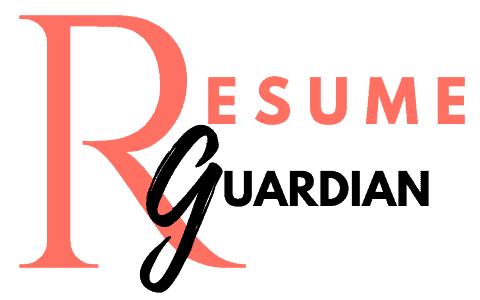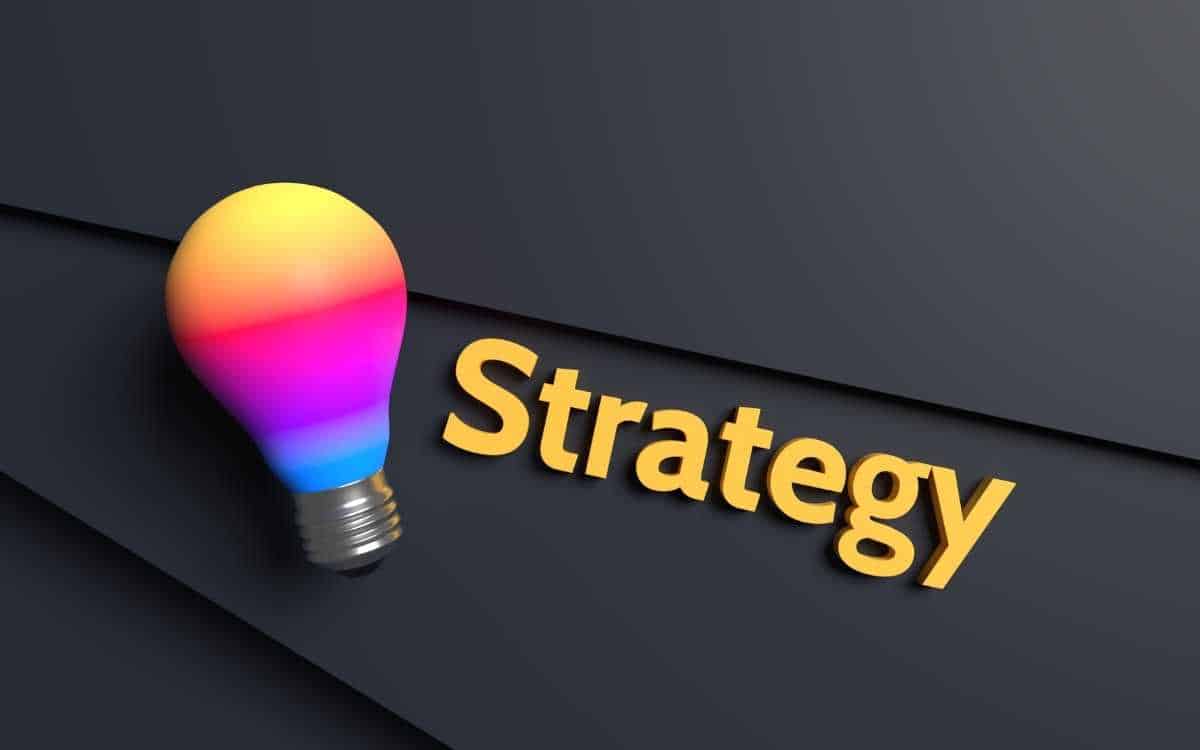
When candidates prepare for job interviews, they typically focus on their technical skills and experience. But apart from this, there are other skills that interviewers look for in candidates and assess during interviews.
If you know the skills that make you a good candidate, you could prepare yourself sufficiently before the interview and enhance your chances of getting hired for the job.
So what are some of the main qualities hiring managers look for in a candidate?
The top qualities an interviewer looks for in a candidate are Communication Skills, Team Work and Collaboration, Relevant Work Experience, Eagerness to Learn, Culture Fit, and Self Motivation. A candidate demonstrating these skills in the job interview could significantly increase the chances of landing a job offer.

In this article, we will go through in detail why these six qualities are the top qualities for candidates and how to prepare yourself to impress the hiring manager.
Communication Skills are Essential for a Good Candidate in Job Interviews

Communicating effectively with others is a crucial part of most jobs. Especially as a team leader, you’ll need to express your thoughts effectively to the team.
Aside from being able to communicate effectively, good communication skills are also essential in a job interview. Candidates should be able to show their passion for the job and their abilities to work well with others.
Interviewers check all these skills while candidates communicate during the interview, and candidates with good communication skills score more points in the hiring managers ranking.
So how do interviewers assess communication skills? They usually ask several behavioral questions during the interview to assess the candidate’s skills.
For example, an interviewer could ask, “Tell me about a time you dealt with a difficult co-worker.”
There’s no right or wrong answer to this question, but what you say is an opportunity for the interviewer to assess your communication skills.
Generally, the interviewer wants to hear :
- How you went out of your way to work positively with the co-worker
- You realize collaborative skills are most important and will try to improve.
- You’ll compromise if needed and try to build a better working relationship.
- You might talk to the problematic team member in private, find out their perspective and see what you can do to improve the relationship.
- You are willing to take the initiative and move towards collaborative work first.
Have a skeleton structure ready to deal with such questions, and practice a lot. You could use the popular STAR methodology to answer such questions. Communication skills can be improved greatly with practice. This increases your confidence, and you could easily impress the interviewer with your great “practiced” communication skills.
Team Work and Collaboration are Must-have Skills for Candidates

A candidate who demonstrates Teamwork and Collaboration skills is preferred over candidates with similar skills and work experience.
Your ability to show that you’re a team player depends greatly on the job position you’re applying for. Read through the job description carefully before the interview, and summarize in your mind how “teamwork” fits that job position and company.
For example if you’re applying for an entry position, team work would simply mean working well with your teammates to get the work done. If you’re applying for a team lead or managerial role, team work would mean working well with your team members, plus interacting with peer team leads as well as your senior leaders to make the project a success.
Below are some valuable tips on how you could respond to teamwork-related questions in an interview:
- Teamwork Answer – Be positive when answering questions about teamwork
- You Enjoy Teamwork – Before the interview, think about and be ready with a few examples of how you enjoy working as a team.
- Negative Experience – Be prepared to answer questions on negative experiences working on a team.
- Positive Experience – When asked about teamwork, stick to positive experiences. Do not talk about negatives. Reserve your negative experiences and how you resolved them only when the interviewer asks explicitly about your negative experiences.
Confidently showing to interviewers how well you work with others, would make you a quality candidate and greatly enhance your chances of securing the job offer.
Hiring Managers Prefer Candidates with Relevant Work Experience

When preparing for an upcoming interview, it’s beneficial to go through your prior work experience and summarize how your experience could be relevant to the job position and how it will help the company.
When an employee joins a team, they are usually partnered with an experienced team member to shadow and understand the work they’re required to do. This could take a couple of days or weeks. How fast the new employee picks up the work depends greatly on their prior experience in similar tasks.
Hiring managers usually prefer candidates who could be productive from Day One, and carry out the duties with minimal supervision and guidance.
Nowadays, companies do not want to spend effort or money to train new employees. Because, after all the training, there’s no guarantee the employee will continue with the company for a long time.
Moreover, hiring managers want new employees to contribute to the project as quickly as possible, with minimal training.
Below are some key points you could talk about in interviews to show that you have relevant work experience:
- Prior Skills – Summarize the skills you’ve acquired in your previous experience, and analyze how this could relate to the job position you have applied.
- Prior Experience – Align your previous experiences to the job position you’re applying for, and minimize gaps.
- Quantify Achievements – Quantify your previous achievements using data and statistics, and be ready with ideas on how you could bring similar achievements to your interviewing company.
Linking your prior experience to the requirements of the job position is a KEY homework you’ve to do before attending your next job interview. This could greatly enhance your changes to grab that job offer.
Good Candidates Have a Keen Desire To Learn and Develop Skills

The willingness to learn is a crucial skill for an ideal candidate. Employers need candidates who are coachable and motivated to take on new challenges. It’s
Certifications in your relevant technology or industry show your willingness to grow and learn new things in your domain continuously.
Certifications are proof that you’re a disciplined self learner, you’ve the relevant skills indicated in your resume, and that you’re willing to go that extra mile to keep yourself updated.
So how do you demonstrate your willingness to learn to the employer? Listed below are some essential tips that can help you achieve this.
- Certifications – Demonstrate your willingness to learn using the certifications you’ve acquired and the knowledge you gained in the process.
- Personal Portfolio – If you’ve done any personal or side projects relevant to these skills, list them in your resume and explain to the hiring manager about your favorite project. This shows how passionate you are about enhancing your skills.
- Emerging Technology – If you’re in the tech domain, find ways to discuss emerging technology and its impact on your industry or domain. This shows your skills acquired via extra reading.
Ability to use your prior experience, and willingness to learn new skills that contribute to your growth and development are key skills that make you a good candidate to any employer.
Interviewers Hire Candidates who are a Cultural Fit to the Workplace

Ask any employer, and cultural fit will be one of the top qualities they look for in candidates. Hiring a candidate who is not a cultural fit can create problems for the team, ruin teamwork and productivity, and negatively impact the company.
Employees who share the same vision and mission and have similar values can work together as a team and are very productive in achieving team targets, resulting in the project’s overall success.
Research the company values via online portals, review sites, and see what existing employees are talking about. If you know someone who’s working in the company, ask them, talk to them and get their feedback.
Below are common behavioral questions that interviewers could ask to assess if the candidate is a cultural fit for the organization. Be prepared with your customized responses to these questions; you’ll be well ahead of other candidates.
- What kind of work environment do you exhibit your full potential in?
- Are you at your best when you work alone or in a team?
- What about this role excites you, and what motivated you to apply?
- Tell me something that you love about your current job.
- How would your co-workers describe you?
- How do you handle stress?
Cultural fitness and good attitude are critical qualities required for candidates. Interviewers assess these qualities because this could make or break teamwork and collaboration.
Interviewers Consider a Self-Motivated Person as a Great Candidate

The ability to motivate yourself, or Self-motivation, is an essential skill that you should try to develop constantly. This drives you to keep going against all setbacks and achieve your goals.
Self motivated employees are an asset to any organization. They are optimistic, energetic, embrace challenges, and constantly striving to keep themselves upgraded with life long learning.
Self-motivated employees benefit the team and company because of their drive and enthusiasm to keep going in the face of difficulties.
So how do interviewers assess if candidates are self-motivated? They ask a couple of behavioral questions to assess this quality. Be prepared for these questions, and you will enhance your chances of grabbing the offer:
- Tell me about a time when you recognized problems in a process, and what did you do to improve that process?
- Tell me about a time when you faced difficulties trying to achieve a goal, and how did you overcome the challenges?
- Tell me about a time when you had multiple deadlines to meet, and you could not meet the deadlines. What did you do?
- Tell me about a time when you developed a creative or unusual approach to solving a complex problem.
Self-motivated individuals are ideal candidates that hiring managers always try to spot and recruit to their team. Their enthusiasm and drive are great assets to the team and the company.






